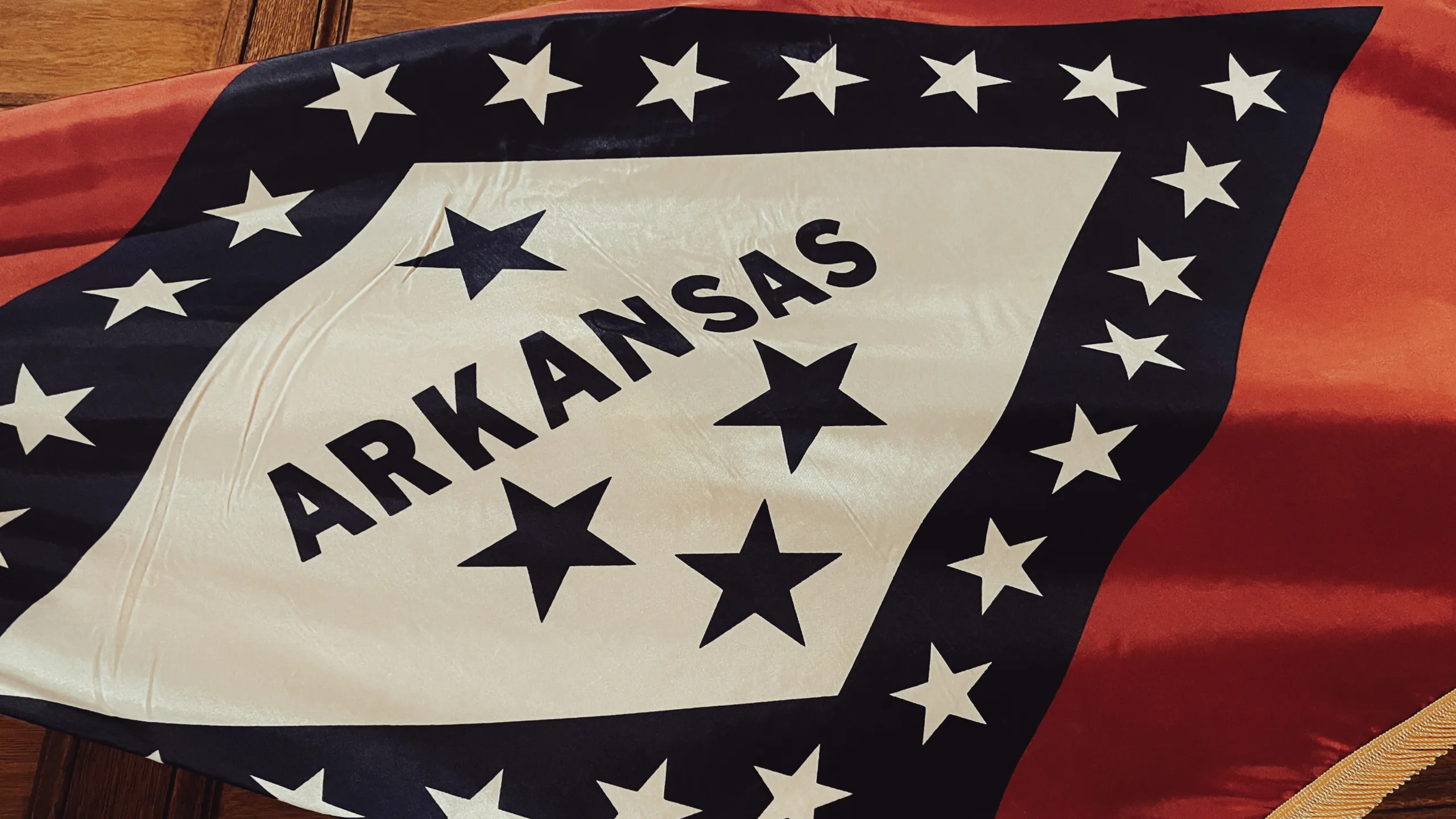The Emergency Management Office and 9-1-1 Communications Center handle all emergency calls to Fire, Police, and Medical and provide emergency management in the case of a disaster.
Extreme Heat Information
Extreme heat can cause many issues affecting you, your family and friends, and your pets. View our heat guide.
Winter Weather Information
Winter weather can cause many issues for affecting you, your home, transportation, communications, and more. View winter weather tips, guides, resources, and more.
Tornado Safety Information Guide
Tornadoes can disrupt your home and community. Being prepared requires a proactive approach. This guide aims to equip you with basic knowledge about tornadoes, sirens, saferooms, and more. View the Information Guide here.
Be Prepared
Emergencies and disaster can happen at any time. Find out what you may want to have in an Emergency Supply Kit at your home, in your vehicle, and at your work or school.
Some recommended items would include:
- First aid kit and essential medications.
- Canned food and can opener.
- At least three gallons of water per person.
- Protective clothing, bedding, or sleeping bags.
- Battery-powered radio, flashlight, extra batteries.
- Charging cords for your phone.
- Special items for infant, elderly, or disabled family members.
- Written instructions on how to turn off electricity, gas, and water if authorities advise you to do so, (remember, you’ll need a professional to turn these services back on).
Smart 9-1-1
Be prepared for any emergency by giving public safety the information they need to better help and communicate with you.
Services Provided
Office of Emergency Services – The Emergency Management Office and 9-1-1 Communications Center use modern technology for efficient handling of all emergency calls to Fire, Police, and Medical. A 9-1-1 comprehensive system for emergency telephone requests and coordination for emergency management during a disaster exists in the same facility. Public Safety Dispatchers are responsible for answering 9-1-1 calls, rendering assistance to citizens, and ensuring the safety of emergency responders.
9-1-1 Communications Center – Citizens calling 9-1-1 are most likely witnesses to crimes/events, so the more detailed information obtained from callers, the better chance the Police and/or Fire have to save lives and solve crimes. It is important callers stay on the phone with Dispatchers, relay as much information as safely as they can, take note of their location, and remember to stay calm. Dispatchers listen to information and relay it to responding units at the same time. If your 9-1-1 call needs to be transferred to another agency, by the Dispatcher, he or she will stay on the phone to ensure the proper agency answers the call when transferred.
The Public Safety Dispatcher will ask you several questions. Be prepared to answer questions such as:
“Where is the emergency?”
“What happened?”
“How many people are injured?”
“Is this in progress?”
“Are weapons involved?”
“Can you tell us the suspect(s) descriptions?”
“Are the suspect(s) in a vehicle? If so, “Describe the vehicle.”
“Are they leaving the scene?” If so, “Which way are they traveling?”
Landline (home phone) – A landline call is answered in the jurisdiction where the call originates, as indicated by the address associated with the landline number. North Little Rock residents will reach the North Little Rock 9-1-1 Center. The name, address, and phone number related to the originating location are displayed on a computer screen for Dispatch. The Dispatcher is required to confirm this information.
Wireless (cell phone) – A wireless call is redirected from the wireless signal to the closest cell site tower, and then by use of GPS, to the closest 9-1-1 center to that cell site tower. Call information is relayed to that 9-1-1 center and, with GPS technology, computerized maps display an icon of the general location (within 50 meters) of the wireless call. Wireless 9-1-1 calls are not associated with physical locations; therefore, unlike landline calls, Dispatch must verify the location of the emergency. So knowing your location, at all times, will assist Dispatch in sending proper assistance to the right location.
FREQUENTLY ASKED QUESTIONS
Q. How does 9-1-1 work?
A. This question actually depends on what type of phone you are using to call 9-1-1. If a person is calling 9-1-1 from a landline (home phone or a business phone) the 9-1-1 call is routed to the jurisdiction that is responsible for responding to that address. For instance, all landline calls in NLR city limits will be routed to the NLR Emergency Services 9-1-1 Center.
If a cell phone is used to call 9-1-1, the call will be sent to the closest cell tower and then routed to the 9-1-1 Center that is responsible for that sector of the tower. Therefore, a citizen that lives near the outskirts of NLR may have their 9-1-1 call routed to another 9-1-1 Center. Once the location of the emergency has been confirmed the call can be re-routed to the proper agency.
Q. What questions will the 9-1-1 Dispatcher ask me?
A. 9-1-1 Dispatchers are trained to ask a multitude of questions. These questions are important in determining the location of the emergency, the nature of the problem, and any potential suspect information. Every phone call is different, but generally speaking, the dispatchers will ask who, what, when, where, why, and weapons. The location of the emergency is the most important information a Dispatcher can obtain from any caller. So know where you are at all times. Be familiar with your surroundings and be prepared to provide the address, intersection, or local landmark.
Q. When should I call 9-1-1?
A. The number 9-1-1 has been promoted across the United States since its early inception in the late 60’s. We ask that you utilize 9-1-1 for true emergencies. For example, to report crimes in progress, get assistance for individuals who have been injured or sick, and report fires. If you need to report an incident of a non-emergency nature, we encourage the public to call the NLR Police Department non-emergency number 501-758-1234.
CONTACT

Kim Francisco
Director
Phone: 501-340-5365
Email: EmergencyServices@nlr.ar.gov

